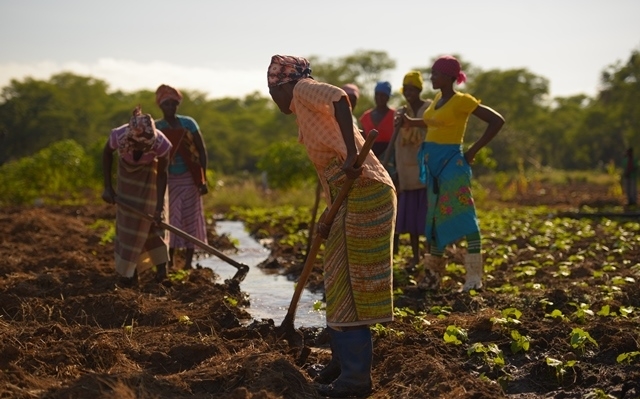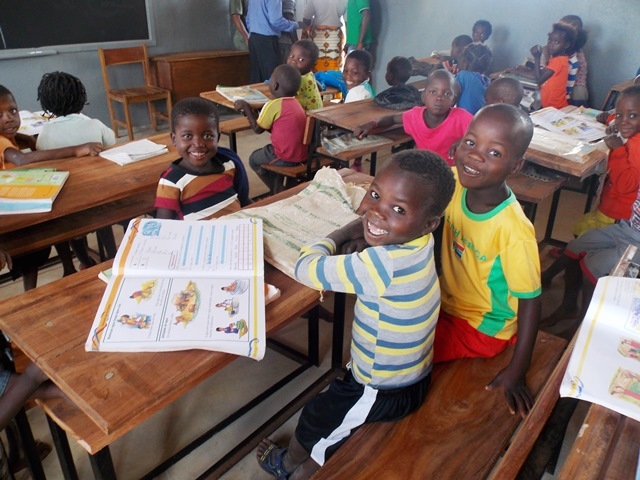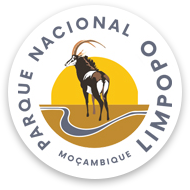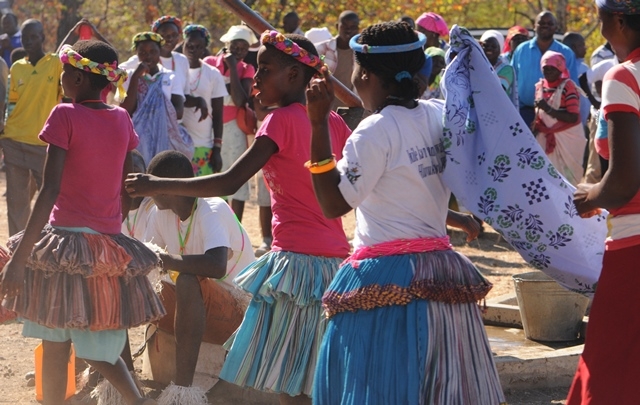The development of a strategy to improve livelihoods of community members living in the Great Limpopo Transfrontier Park is on the go.
The start of this process was signalled when R1.7 million was committed to the projects by RESILIM (Resilience in the Limpopo River Basin Program), with sponsorship from USAID. The strategy will form part of an integrated development plan currently being developed for the area, and is a collaborative partnership between the USAID RESILIM B Programme, Great Limpopo and Peace Parks Foundation. The latter will be responsible for the financial administration of the donation.

“In line with the objectives of the treaty, the partner countries need to look at interventions aimed at creating sustainable jobs, and improving livelihoods for local communities surrounding the Great Limpopo Transfrontier Park and the larger TFCA,” says Great Limpopo international coordinator, Piet Theron. “This initiative will provide us with an opportunity to establish a regional baseline of current initiatives and focus our efforts in the three countries.”
Great Limpopo stems from an agreement between Mozambique, South Africa and Zimbabwe to establish a transfrontier park comprising three national parks, one in each of the respective countries involved. These include Limpopo National Park in MAdd Newozambique, Kruger National Park and the Makuleke region in South Africa and Gonarezhou National Park, including the Manjinji Pan Sanctuary and Malipati Safari Area, in Zimbabwe. The treaty also provides for the establishment of the Great Limpopo TFCA, which is defined as “the area adjacent to the transfrontier park, comprising compatible conservation areas but not lending itself to formal integration with the transfrontier park, which shall be managed as a transfrontier conservation area”.

In order to develop the livelihoods diversification strategy for this area, a database of the existing natural resource management-related livelihood initiatives in the TFCA will be developed. The strategy will be based on this and, once outlined, second economy opportunities that could be supported will be identified, i.e. oportunities for those who are economically marginalised. An important element of the project is to understand the impact of climate change in order to create resilient livelihood-sustaining options.
A panel of experts will now be appointed to provide input throughout the process. The entire project is set for completion by 31 March 2016 at the latest.

